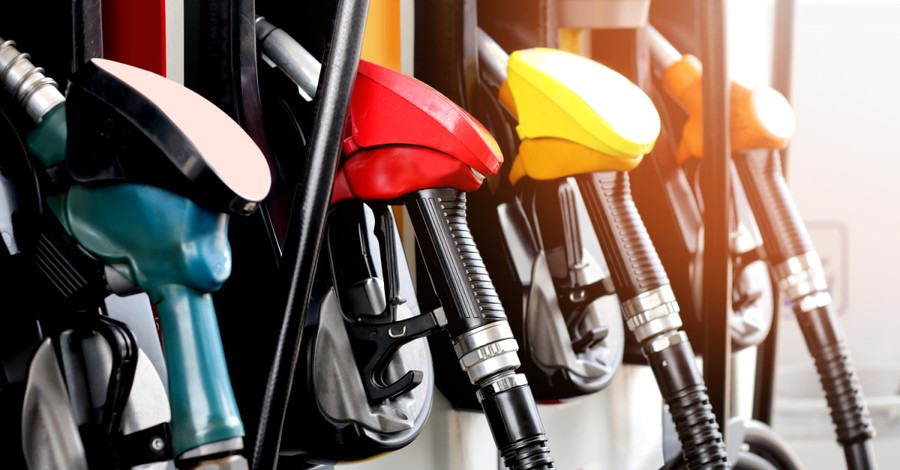
I think about gas prices a lot. My full-time job takes me on a 75-mile round trip each day. Earlier this year, that trip was costing me about $10-$12 a day. By the time the school year ended in May, it was around $16-18. The prices I have seen the last two weeks made me glad I don’t have to go to work for eight more weeks. Like many other families, the increase in prices affects my family’s bottom line.
We pay attention to the cost of a gallon of gas more than we pay attention to any other price. This might be because the price of gas is plastered in big numbers on every gas station we pass or because the rising price of gas affects us more than the rising cost of milk. Either way, the price of gas matters to us, and it makes an impact on our families’ bottom line.
Rising gas prices bring out many emotions–not all of them positive. For followers of Jesus, how should we respond to the astronomical rise in gas prices?
By Refusing to Panic
At this moment, there is very little you can do to make gas cost less. We can’t change it, so we have to focus on the things we can change. This means that we have to pay attention to how we respond to rising gas prices in our own hearts. We are tempted to give into fear, anxiety, and anger, but these are not acceptable options.
God did not wake up this morning shocked at the price of gas. This did not catch him off guard. In his gracious providence, this is what we are paying for fuel. We must learn to trust in him and refuse to panic and get angry when we fill up at the pump.
By Adjusting Your Family Budget
For many families, cutting down the amount of driving they do is not an option. Many people have to drive long distances to work, and rising gas prices cut into the money they are bringing home. This forces us to deal with another area where we do have control – our family budgets. High gas prices force us to make difficult decisions. What are extraneous areas in the budget where we can cut to compensate for higher gas prices?
Also, look for little ways to save money on gas. Does one of the gas stations near you have a loyalty card that gives instant rebates or cash back on gas? Can you use an app like Gas Buddy or Upside to find the best prices around you and look for cash-back deals as well?
Also, if you have a job where you work less during the summer, budget the same amount of money for gas in June and July as you do the rest of the year. Roll the excess over into future months, so you have a cushion built up for when you resume full-time work in August.
By Realizing What Government Can’t Do
Gas prices work according to the economic law of supply and demand. During the COVID lockdowns, the cost of gas was low because there was a high supply and very little demand. Then demand increased just as supply started to decrease due to the Russian invasion of Ukraine. Therefore, prices went up. Most of the cost of a gallon of gas is the oil used for refining. Some of the cost is from the refining process and transportation. Then, the gas station makes a little profit on the cost of a gallon, as most of their revenue comes from the snacks we purchase in the store. Finally, taxes comprise the rest of the price of a gallon.
At the end of the day, there is not a lot the government can do about the price of gas. They can loosen drilling restrictions to increase supply. They can suspend the gas tax, but then they have to find somewhere to make up the revenue. The government could tax the record profits the oil companies are enjoying, but they would likely pass the cost on to the consumer. The only circumstances that will lead to lower prices are increased supply, lower demand, or the oil companies deciding they will live with lower profits.
Since we are stuck with this pattern of high prices for the near future, we have to think and pray about how we can adjust. We need to ensure our cars are firing on all cylinders and the tires are properly inflated. We need to be wise about how we budget and how we spend our money. Most of all, we need to trust in the sovereign plan of God, pray for relief, and refuse to give in to our anxieties and fears.
The views expressed in this commentary do not necessarily reflect those of Christian Headlines.
Photo courtesy: ©Getty Images/Chutarat Sae-Khow
Scott Slayton writes at “One Degree to Another.”










